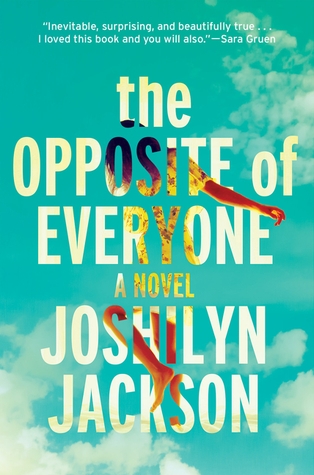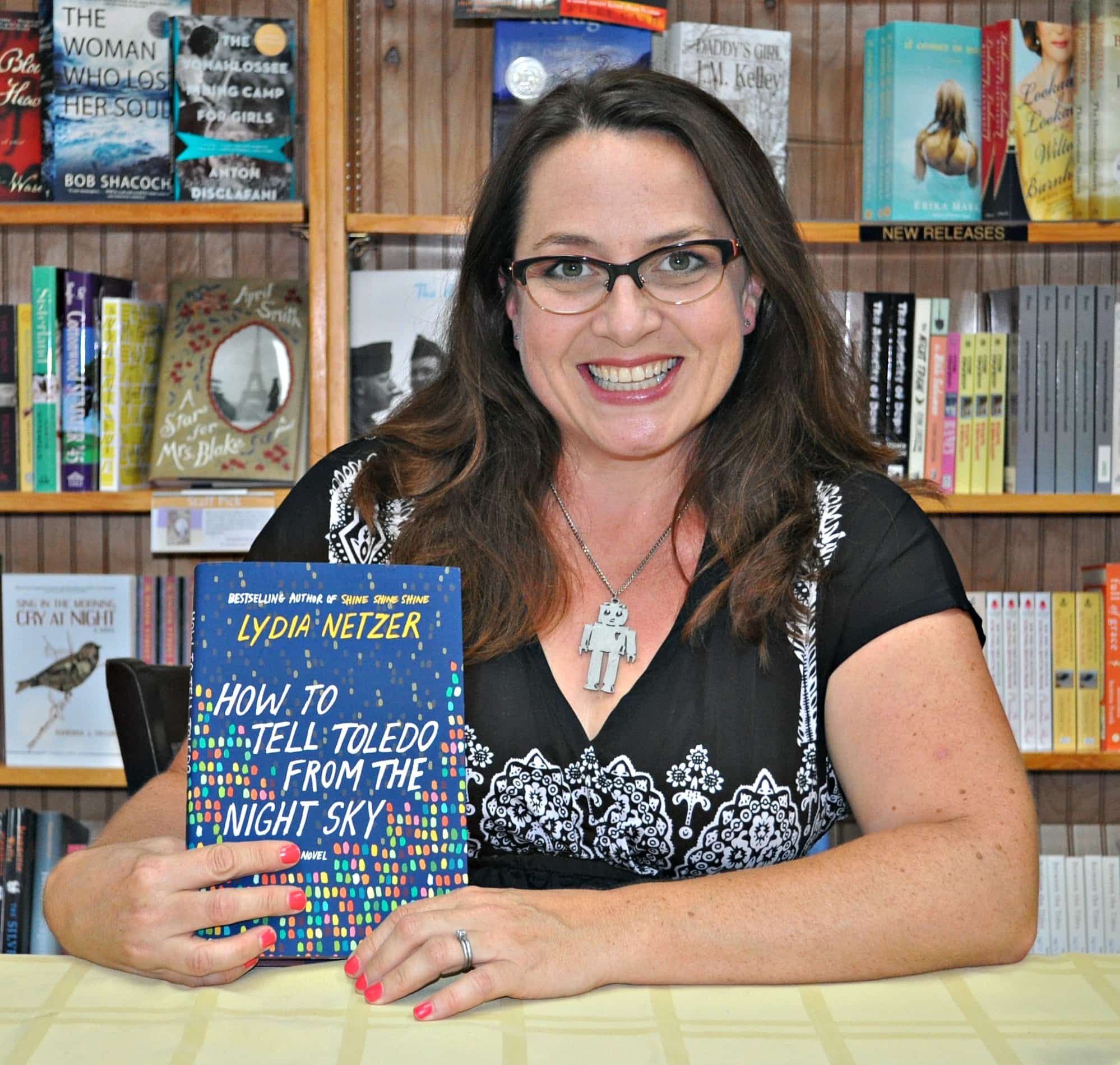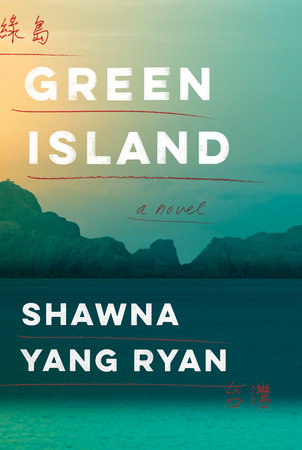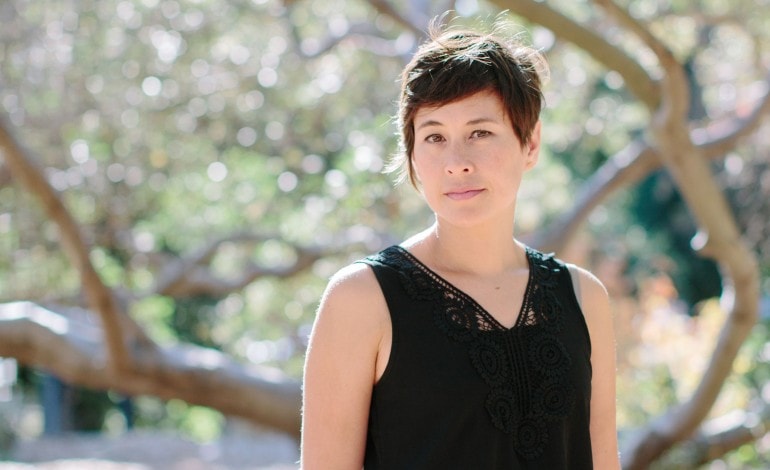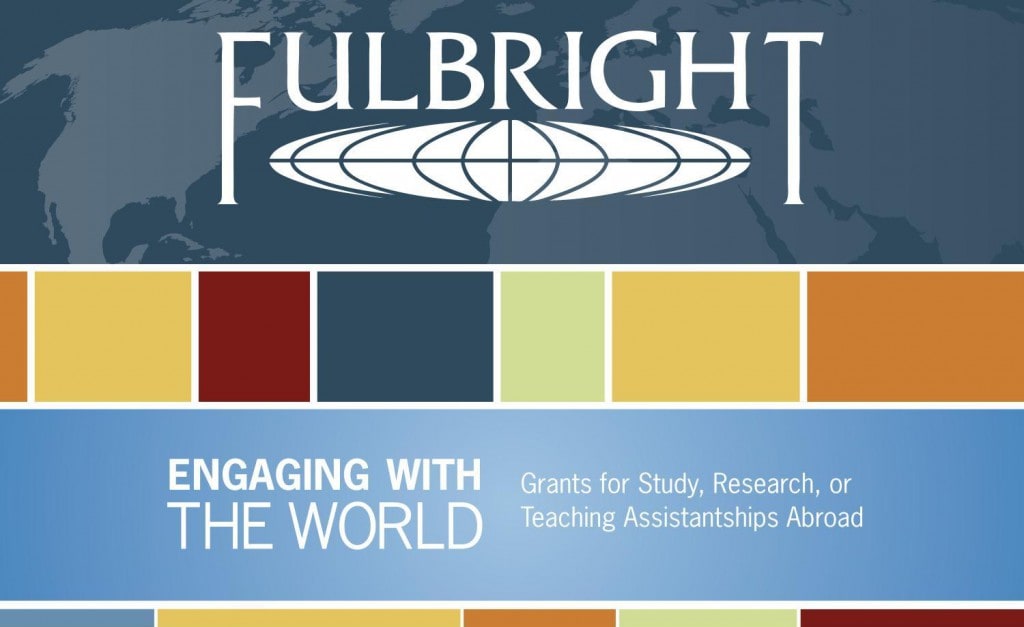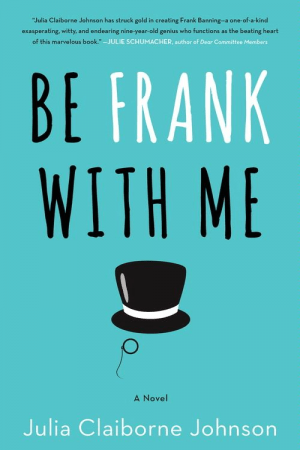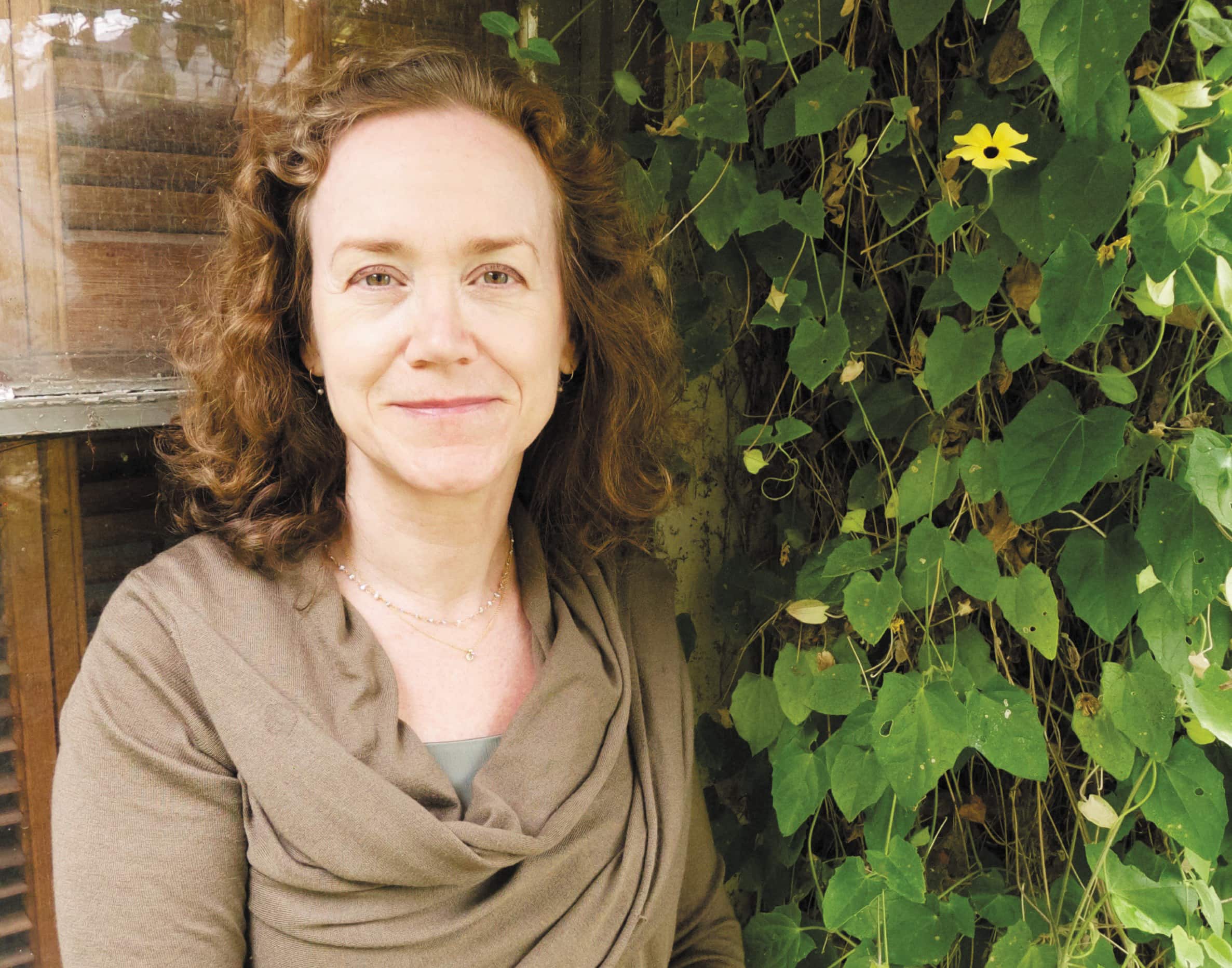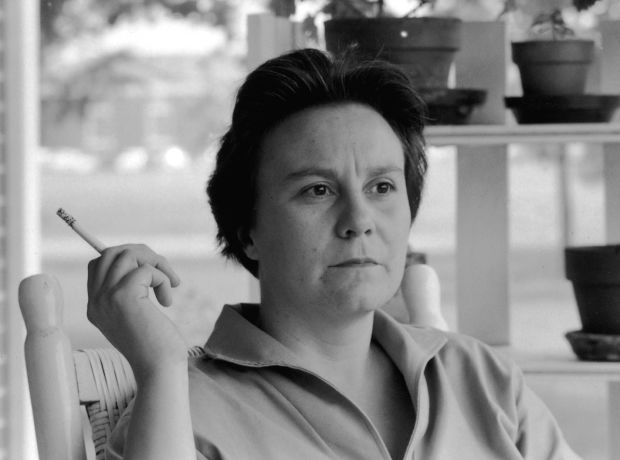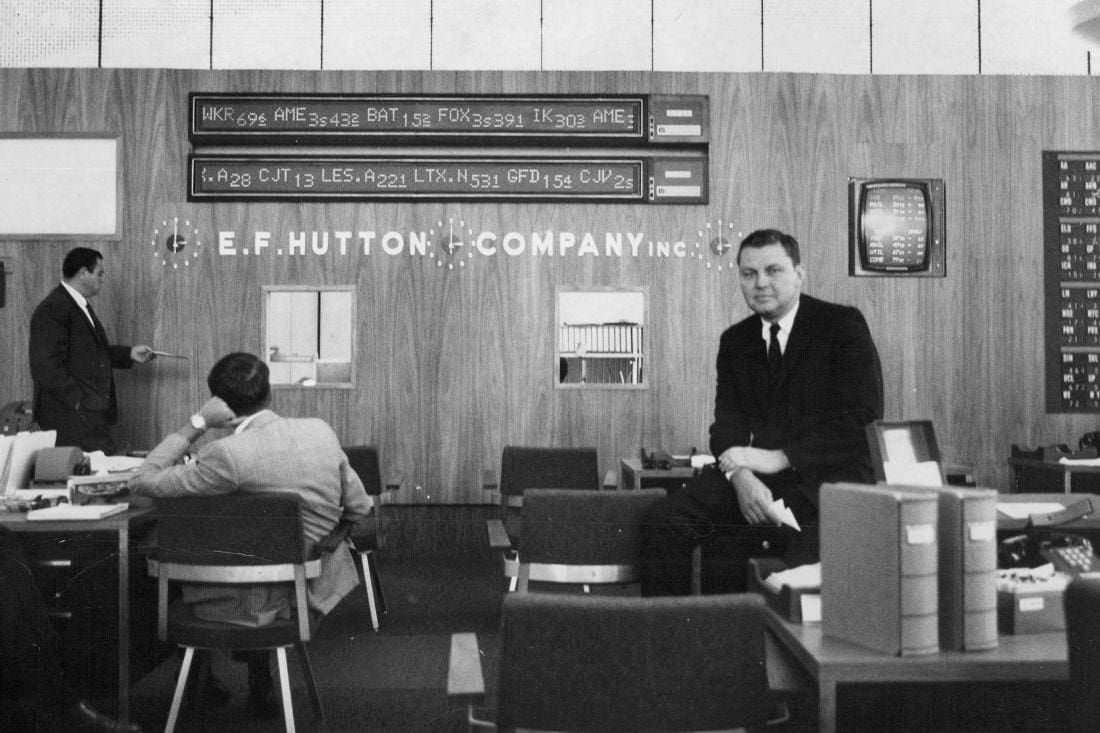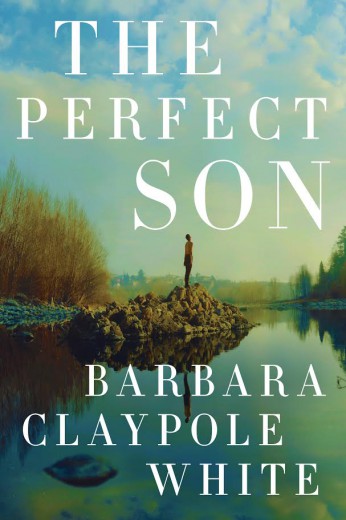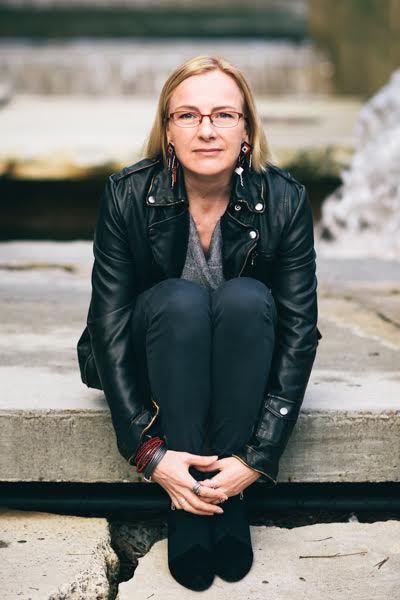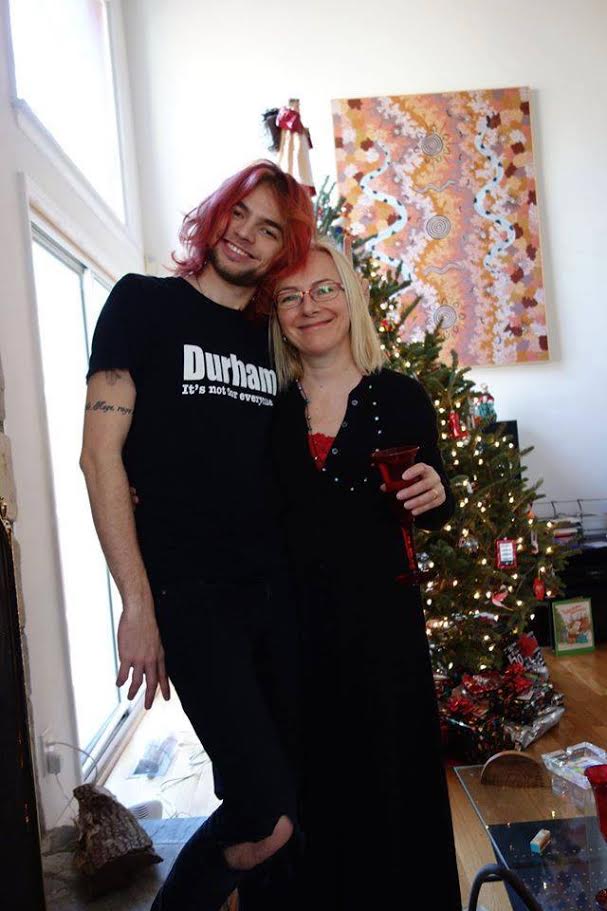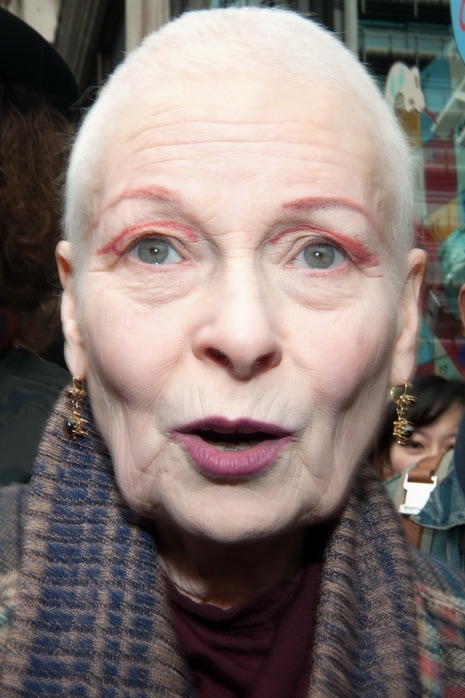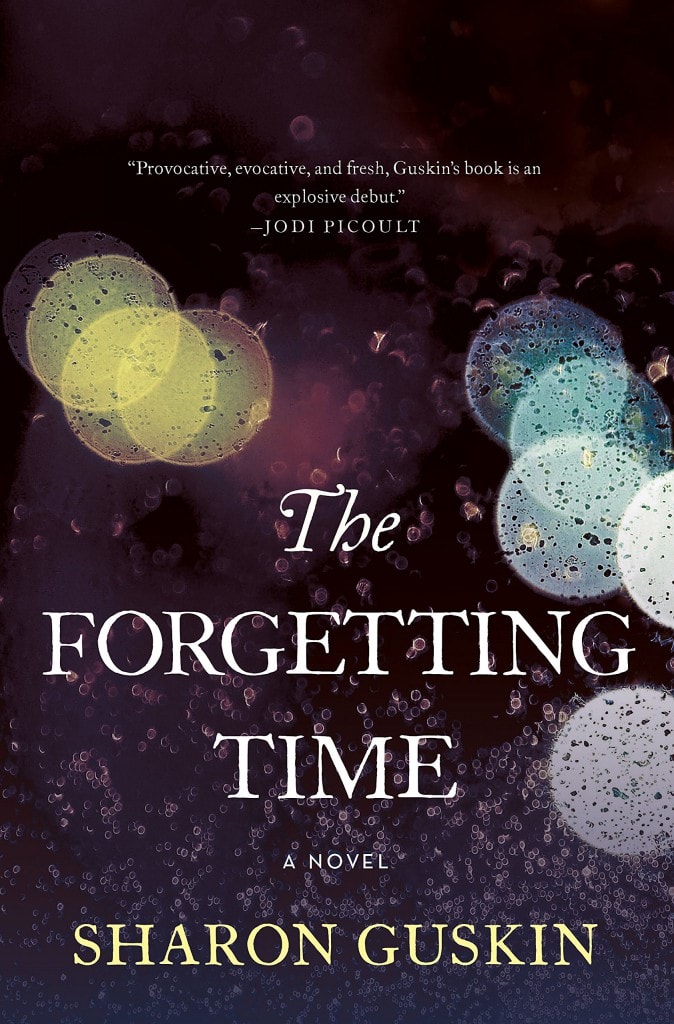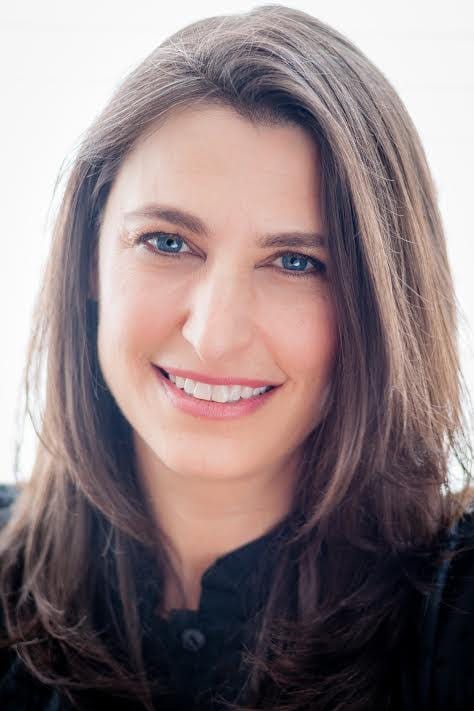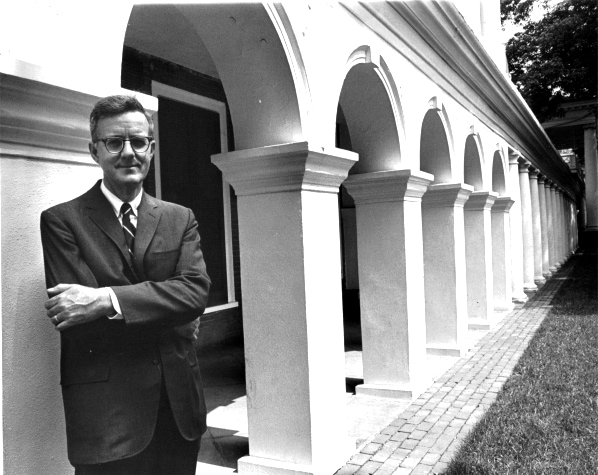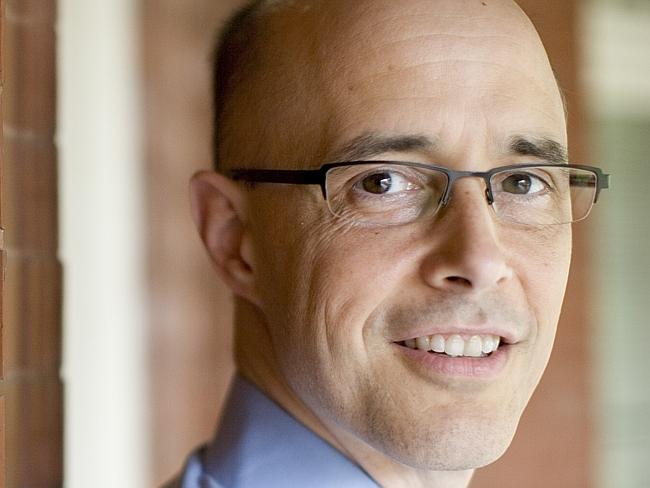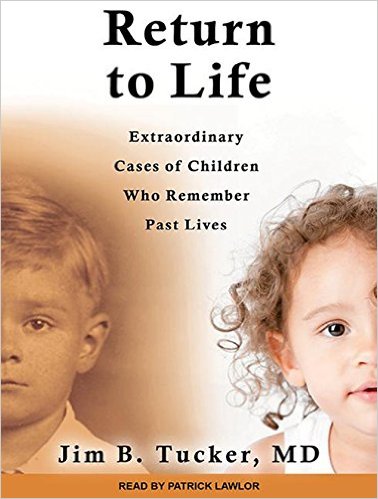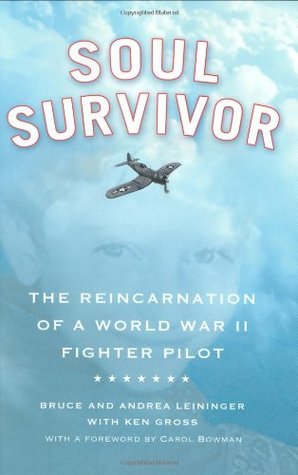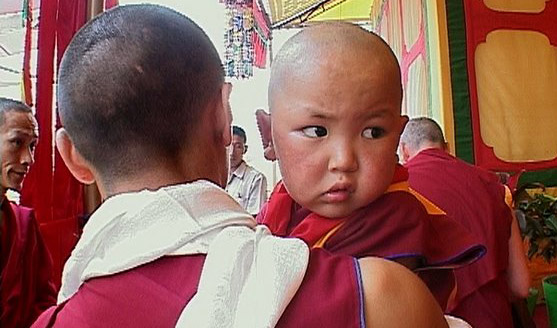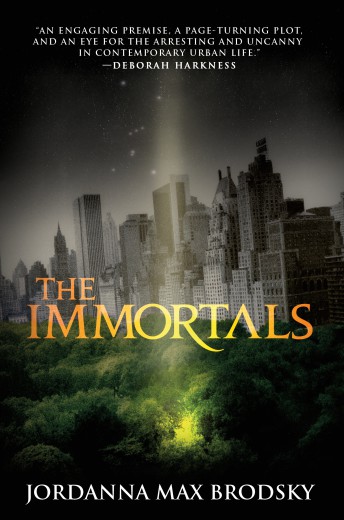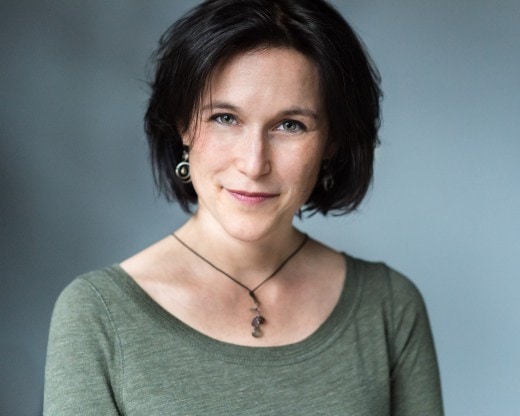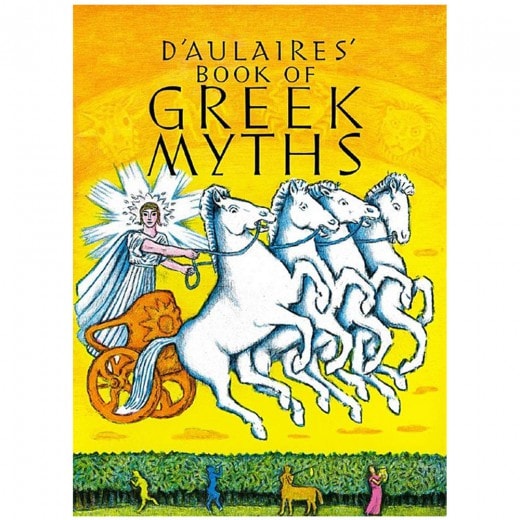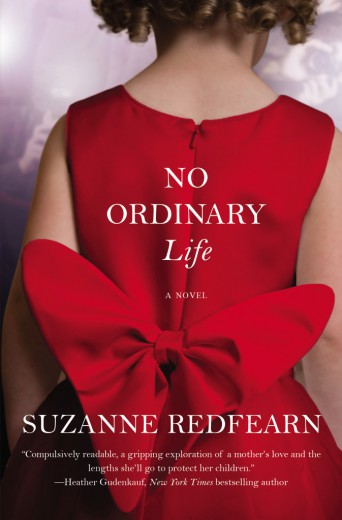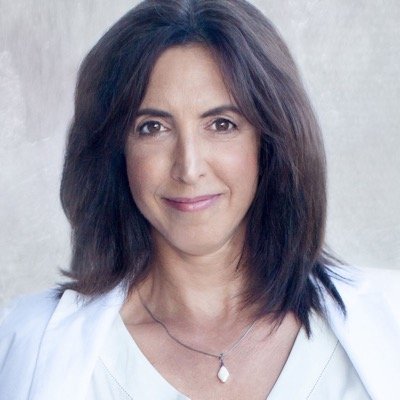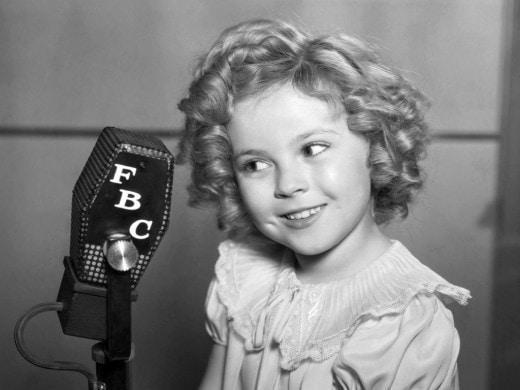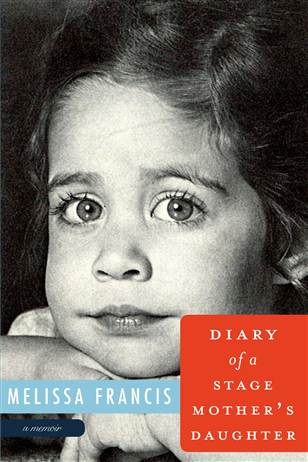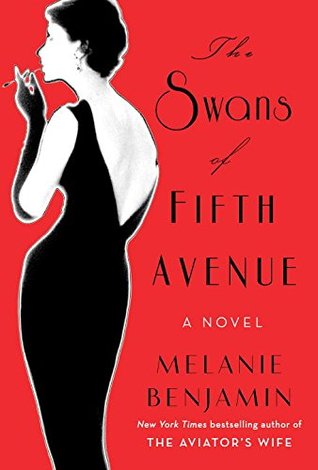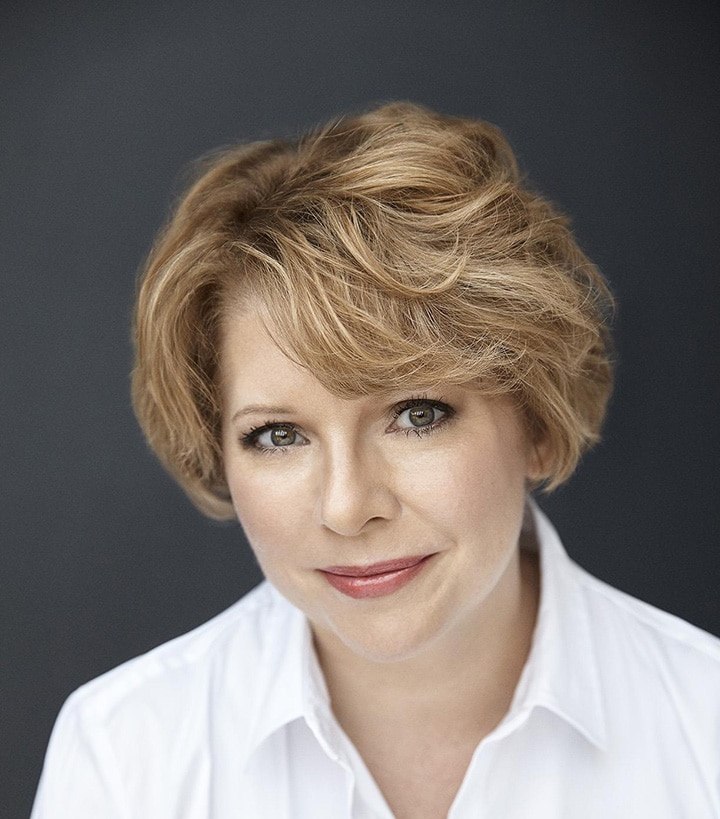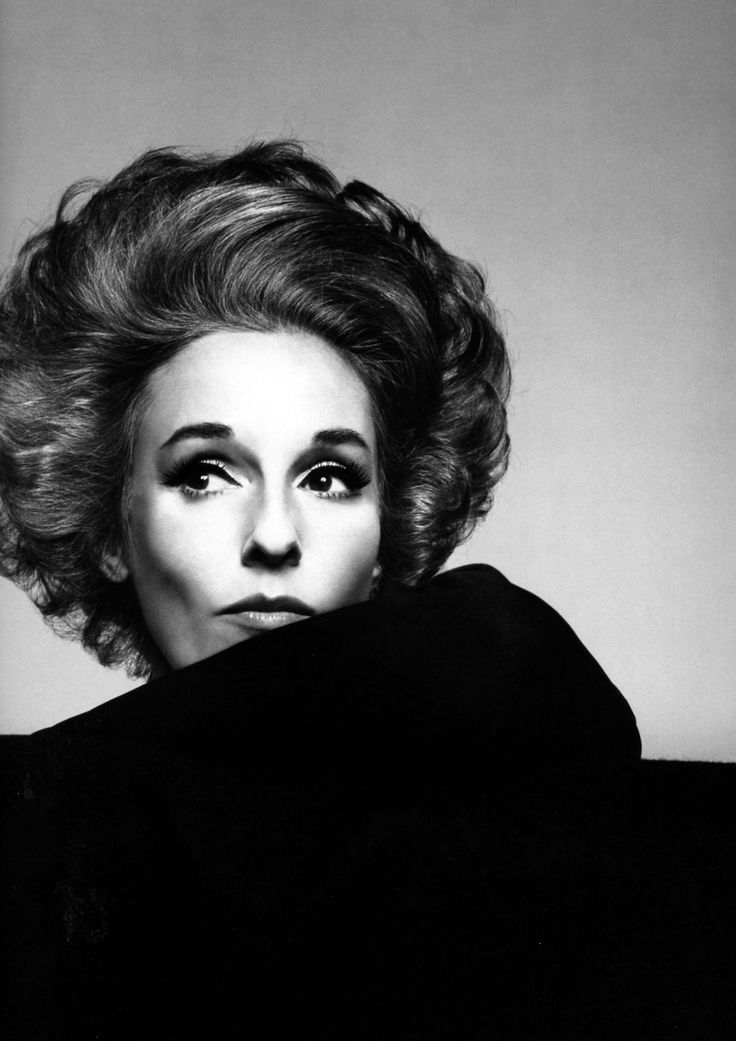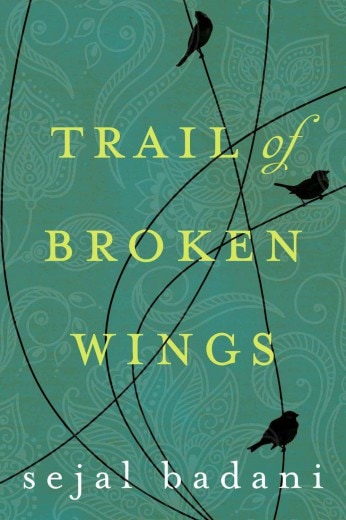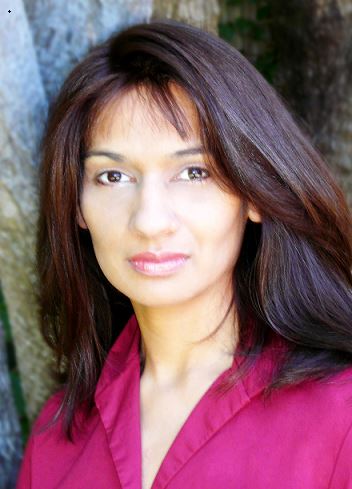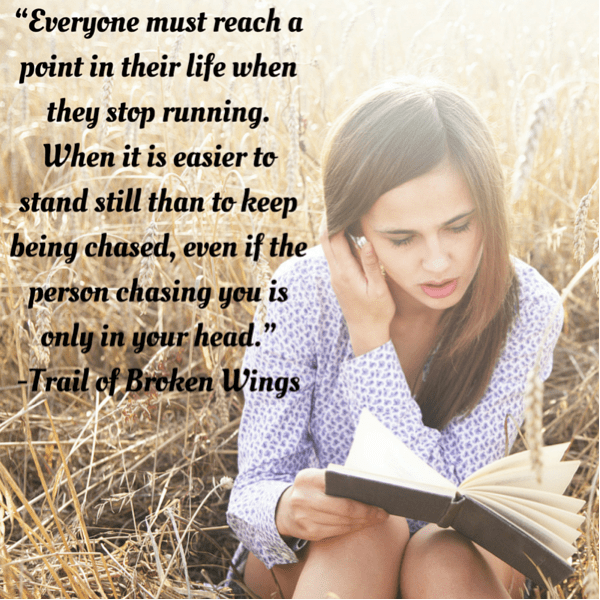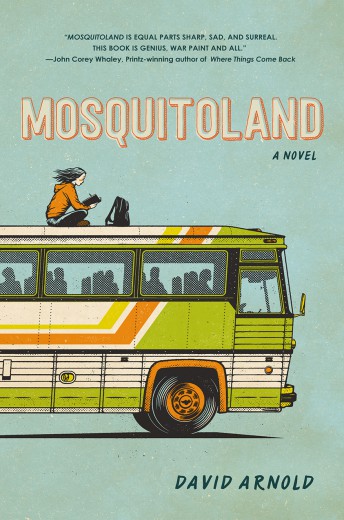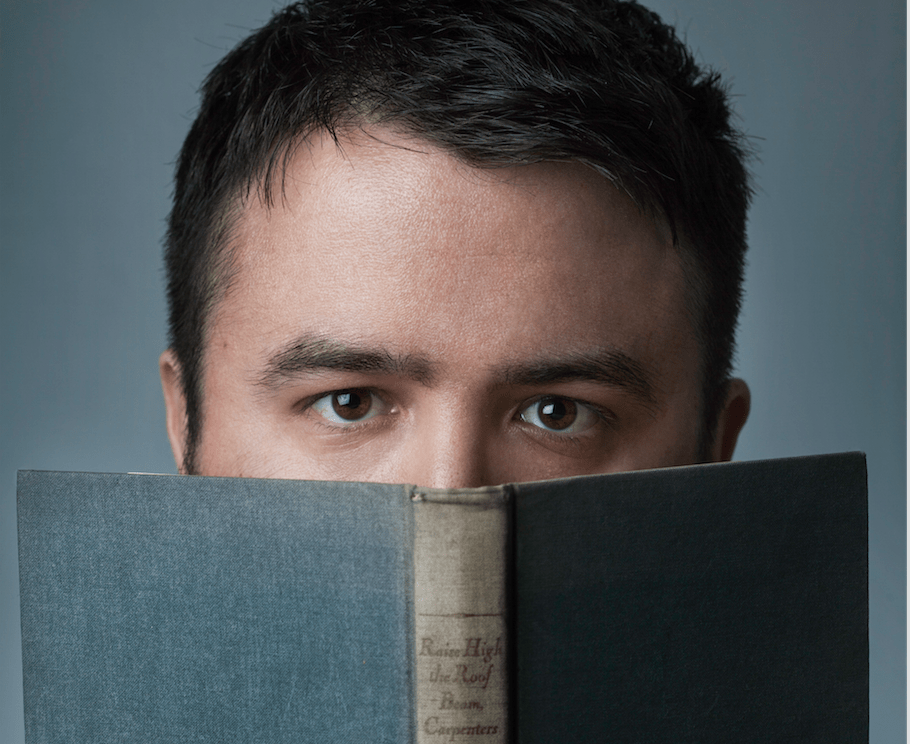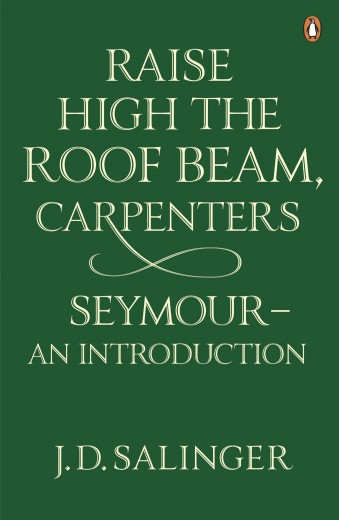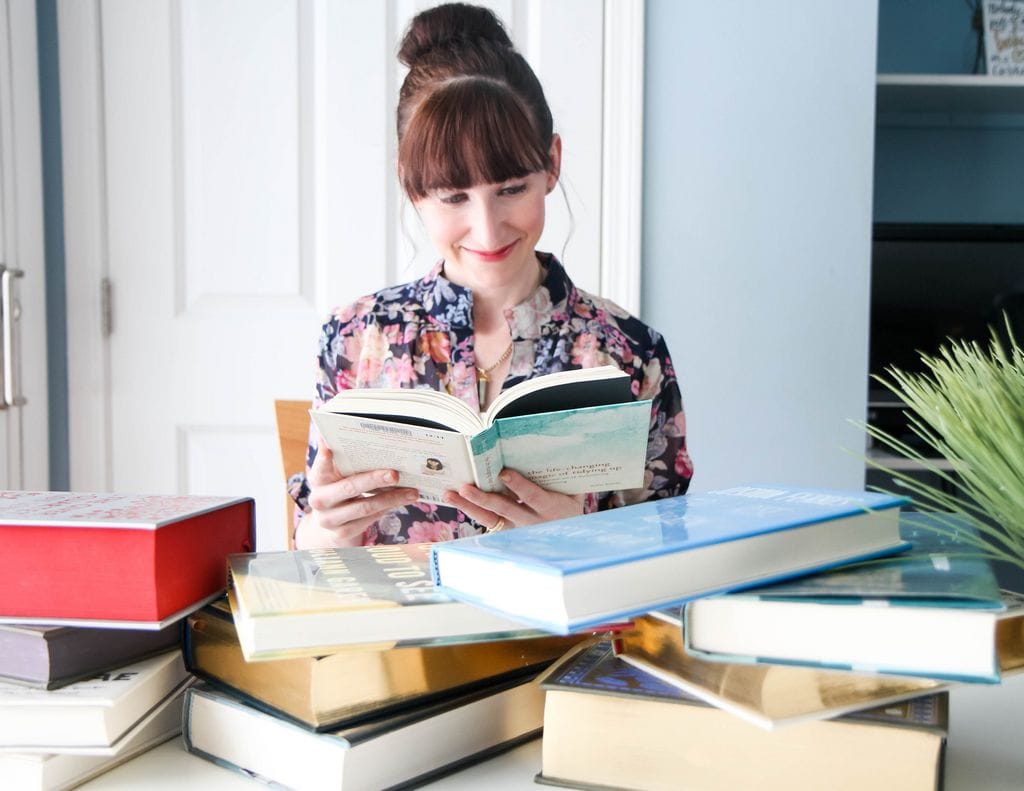
Are you a big Joshilyn Jackson fan too? I am so excited to be interviewing Joshilyn today about her new book, The Opposite of Everyone.
Joshilyn Jackson delivers another solid read with her latest novel, The Opposite of Everyone. Joshilyn tells her story in a very unusual way. Rather than alternating past and present in chapter format, Jackson weaves the two stories of past and present into one chapter smoothly without transition. At first, this can be confusing, but it is worth the confusion as she weaves her reader through plot twist after plot twist of a girl growing up in a group home due to her mother’s incarceration to her powerful role as a lawyer finding out that her mother has kept a big life-changing secret from her.
Follow the story of a broken little girl who feels she made the one mistake that cost her a relationship with her mother into a grown woman seeking desperately to connect with family members she never knew, with many surprises along the way.
Now grab your coffee and let’s chat with Joshilyn about her incredible book!
Q&A With Joshilyn Jackson
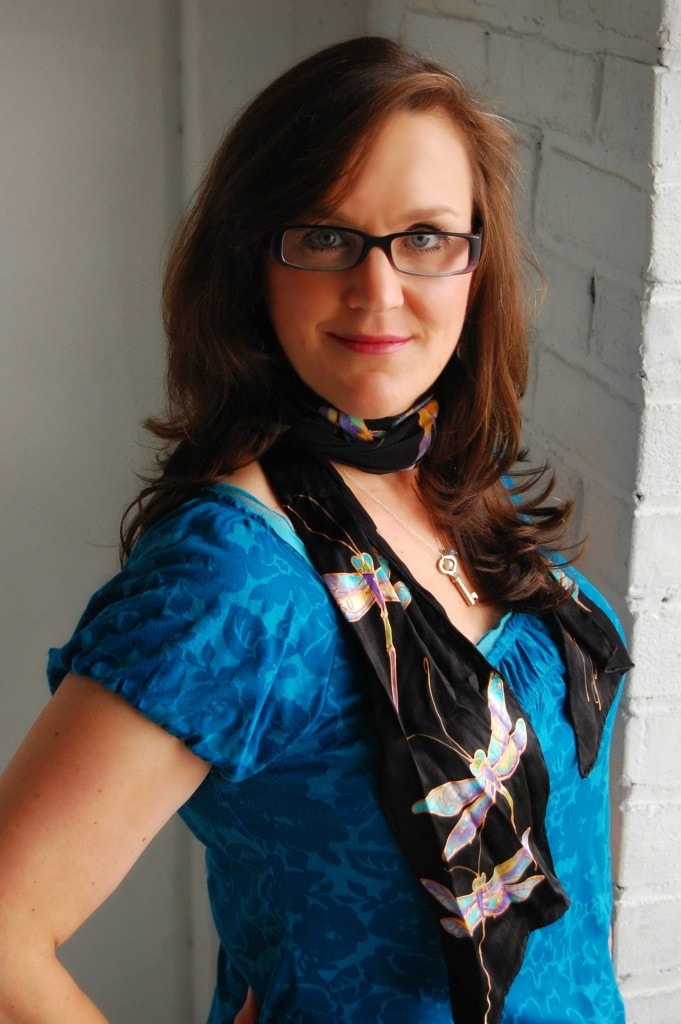
You and I have something very similar in common. My site tackles a variety of topics so it is difficult to categorize me as a writer or where I fit best within my own blogging community. You have said that you struggle with placement in bookstores because your writing envelopes so many different genres. What do you think is the hardest part about not fitting into one clearly defined genre and what do you think is the most rewarding thing about being that type of writer?
Oh, yeah. I hear you. We are untidy, you and I. We are pegs that do not go neatly into this hole or that. I think the hardest part is part is finding our initial readership. People who would like our stuff—maybe even love it—dismiss it because they think we are this peg or that peg. The upside is, when people do find us and realize what we are about, they tend to stick.
I finally wrote my own genre, to help folks decide if they want to read me or not. I officially write “Weirdo Fiction with a Shot of Southern Gothic Influence for Smart People Who Can Catch the Nuances but Who Like Narrative Drive, and Who Have a Sense of Humor but Who Are Willing to Go Down to Dark Places”
The best part? I am writing exactly the kinds of books I love to read, as I imagine you are running the kind of website you always hope to find while surfing.
This book is a little all over the map which makes it so fun! For example, Paula is tri-racial, you have her growing up in a foster system, she’s a lawyer, and you weave in Hindu images and storytelling in this book. How much research did you have to do to prepare for this story and did you discover anything that surprised you while gathering your research?
A lot of research in a lot of different directions. I went to dinner and for drinks with a lot of different lawyers. I went down to the courthouse and even sat in some trials. I read a lot Hindu god stories and epic poetry. I interviewed multi-racial people about the experience of living between cultural identities.
Any time I write outside my own experience, I feel I have to respectful, you know? I want to reflect a version of the truth that lies well within the spectrum of actual experience.
I think the thing that surprised me the most was how virulent divorce cases can be—especially when there is a lot of money involved. I know people who divorce with dignity and grace—but on the other end of the spectrum, wow it goes way out there.
I took as many high end swanky ATL divorce attorneys as would let me out to lunch. I plied them with wine and shrimp cocktails, and I asked them for their war stories. What I got back was a litany of offences ranging from stalking, to dog-napping, to kidnapping, to arson, to filling a very, very expensive car up with boxes of valuable baseball cards and rolling whole shebang right into a lake. In the course of four dates like this I heard about two planned murders and one actual attempted murder.
When I realized anything was go in this ugly, escalating divorce case Paula works on over the course of the book, I invented Murder Kittens. Don’t worry—no kittens, real or imagined, are harmed in the scene—and in fact I have yet to visit a book club who doesn’t want to talk about murder kittens.
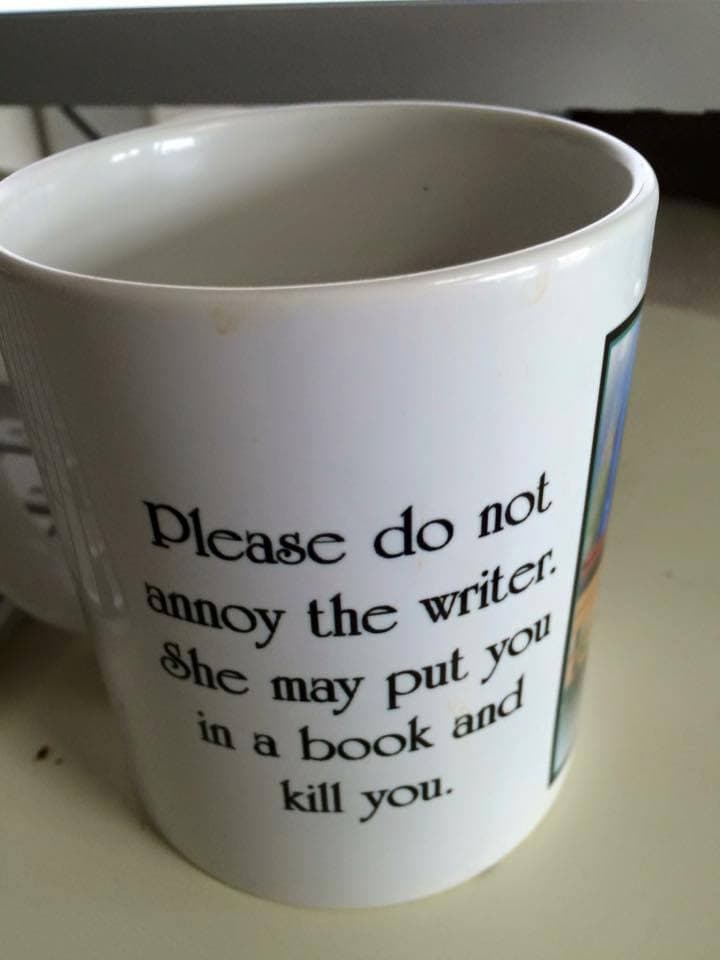
(you must follow Joshilyn on Facebook!!)
Paula, as a lawyer, represents a lot of BANK cases (Both Assholes No Kids) in this book. Did you come up with that acronym on your own or is this out in the law world and I just didn’t know it? It made me laugh!
I came up with it. Since the book’s publication, I have gotten e-mails from real life divorce attorneys, and they assure me it is getting daily use in at least a few real law offices now.
In this story we can truly see how broken our system is when parents are put away in jail and children are forced into the foster system, often for minor infractions. I understand that you had your own struggles with the system from working within the judicial system to teaching at a correctional facility for women. What do you think is wrong with this system and what could we do, as a country, to repair it?
I work with a group called REFORMING ARTS to bring arts education to the incarcerated women at Lee Arrendale State Prison here in Georgia. The hope is that learning to express and process their feelings, to find their own voices, to speak truths will help them connect with their families. We want to empower them to make different choices and cut down on recidivism.
We are out of control here in this country. We are the world’s biggest jailer. The USA—land of the brave, home of the free—puts more people in jail than Russia does. We imprison a higher percentage of our population than South Africa. Think about that. I’m not saying we don’t need prisons. We do. I am saying they need to be a last resort. We need to stop using prisons as a way to not deal with our social and economic issues, our hideous racial issues, and our petty fears about people-not-like-us.
This is America. We are a melting pot. Most people in the country are going to be people-not-like-whatever-us-you-are.
We have to stop putting people in prison for non-violent offenses. We have to find ways of reclaiming people from the arms of meth instead of just warehousing them—or using them for the equivalent of slave labor in privatized prisons. There are prisons in this country that are being run by FOR PROFIT corporations. That means there is a financial incentive for keeping a steady supply of human beings – often human beings with children— in jail as workers.
People may not know that you were an actor and you now utilize those acting skills by narrating your own audiobooks and the books of others. You were even nominated for an Audie Award for your performance! What was your favorite book to narrate and have you found this to be a great outlet to still feel like part of that acting world?
I am a theatre person from the way, way back. I met my husband when I was nineteen, and we both got hired by a little regional repertoire theatre. The first time I ever saw him, he was learning to sword-fight for a dueling scene. Of course I had to marry him.
I stayed very involved in theatre while in grad school in Chicago; one of my plays was produced there, and I acted quite a bit. Then I got pregnant and I wanted to be closer to my family! When we moved back rural Georgia, my life really changed. I was isolated from my theatrical community, and I think that’s why I turned to novels. I loved my kid, but he was not a great conversationalist in the first couple of years, especially. I wrote my first novel practically one handed, holding my nursing baby with the other.
I think that as an actor, I was more challenged reading Lydia Netzer’s novels than my own. I loved reading SHINE, SHINE, SHINE and HOW TO TELL TOLEDO FROM THE NIGHT SKY!
I read in an interview with you write for Lydia Netzer as your ideal target audience. Do you think all writers should find one person as their target audience and why did you select her as the person you want to write for?
Well, it’s more about permission. I think my largest problem as a writer is cowardice…I am scared if I let my characters do the things they want to do and say what they want to say and go down into the dark places where they are always trying to march me into, people will think I am not a nice lady. I am Southern, and female, so I was raised to be a super passive-aggressive people pleaser. I pull back in my writing when I picture herds of imaginary disapproving Sunday School teachers reading my work. And they are always lurking there, trying to get me to notice their crippling disapproval.
If I think of Lydia reading it, it gives me permission to write what I truly want to write.
Support groups can mean so much and I understand you have a lot of support from fellow writers in a writing group you are a part of with Lydia Netzer, Karen Abbott, & Sara Gruen. Do you think having this support has made your writing better and how can writers find their tribe like you did?
I think they to those friendships is that they formed early in our careers. Sara and Abbott, me and Lydia, and then Sara and I connected she shared Abbott with me. We weren’t publishing yet. I think we all pushed each other forward in a lot of ways. I know that watching these brilliant women sail over bars made me want to do better, be better, revise more, not be lazy, push myself harder.
I write to a standard that I am not ashamed to show them. I want them to love my books as much as I love theirs.
That’s the other thing—a lot of those friendships started because we liked each other’s writing first, then found out we also liked the people attached to it. I read Lydia’s nascent scribblings in grad school, and fell in love with her prose. Abbott and I both met Sara on an online message board, and I was so attracted to her emails—I started writing her off list to court her friendship, and then she let me read her fiction and I was hooked.
As someone who swore she would never do a sequel, I understand you aren’t finished with Paula yet. I know that she started as a bit character in, Someone Else’s Love Story, and that you had to whittle down your scenes with her. What is it about Paula that makes her so special to you and can we expect to follow her as she takes on more cases in her career?
I don’t know if I will write Paula again. I know that I would like to.
I never want to write sequels because I try to end my books in what I call the breath. Maybe not a tidy, sunshine ending, but in that pause between sorrows and storms. In a place of actual hope.
My books have some sharp corners and they can go down to some bad places; I like to leave the characters who survive in a place of peace, and I like remember them there. I don’t want to tear their lives up again. If I wrote a sequel, I would have to. No one wants to read about people having a nice dinner and walking the dog. That’s an excellent way to spend a life—but an awful book.
Paula? On the other hand. Never have I written a more contentious narrator. She eats trouble for breakfast, and then says, “Please, sir, may I have some more.” She steps toward conflict with a kindling black joy, and I love her for it. I would not feel at all about putting Paula into more trouble because she was born for it. She thrives there.
She is so thorny and contentious and so addicted to winning that I think she would be wholly unlikable if she didn’t have such a soft heart for underdogs. Say what you will about Paula, she uses her dark powers for good!
Lastly, what is one of your all-time favorite books? (This will be added to one of our most visited posts of must-reads from the authors featured in Sundays With Writers)
A PRAYER FOR OWEN MEANY. I return to it again and again, because it’s just so lovely and so fearless and so whole. Also? One of the best first lines in literature. If you have read any of my books, you know I really think first lines matter; I believe that the ending of a book must be contained in its beginning. Only in this way can you find that inevitable but surprising conclusion that Flannery O’Connor talks about. Irving does this perfectly—here it is:
“I am doomed to remember a boy with a wrecked voice – not because of his voice, or because he was the smallest person I ever knew, or even because he was the instrument of my mother’s death, but because he is the reason I believe in God; I am a Christian because of Owen Meany.”
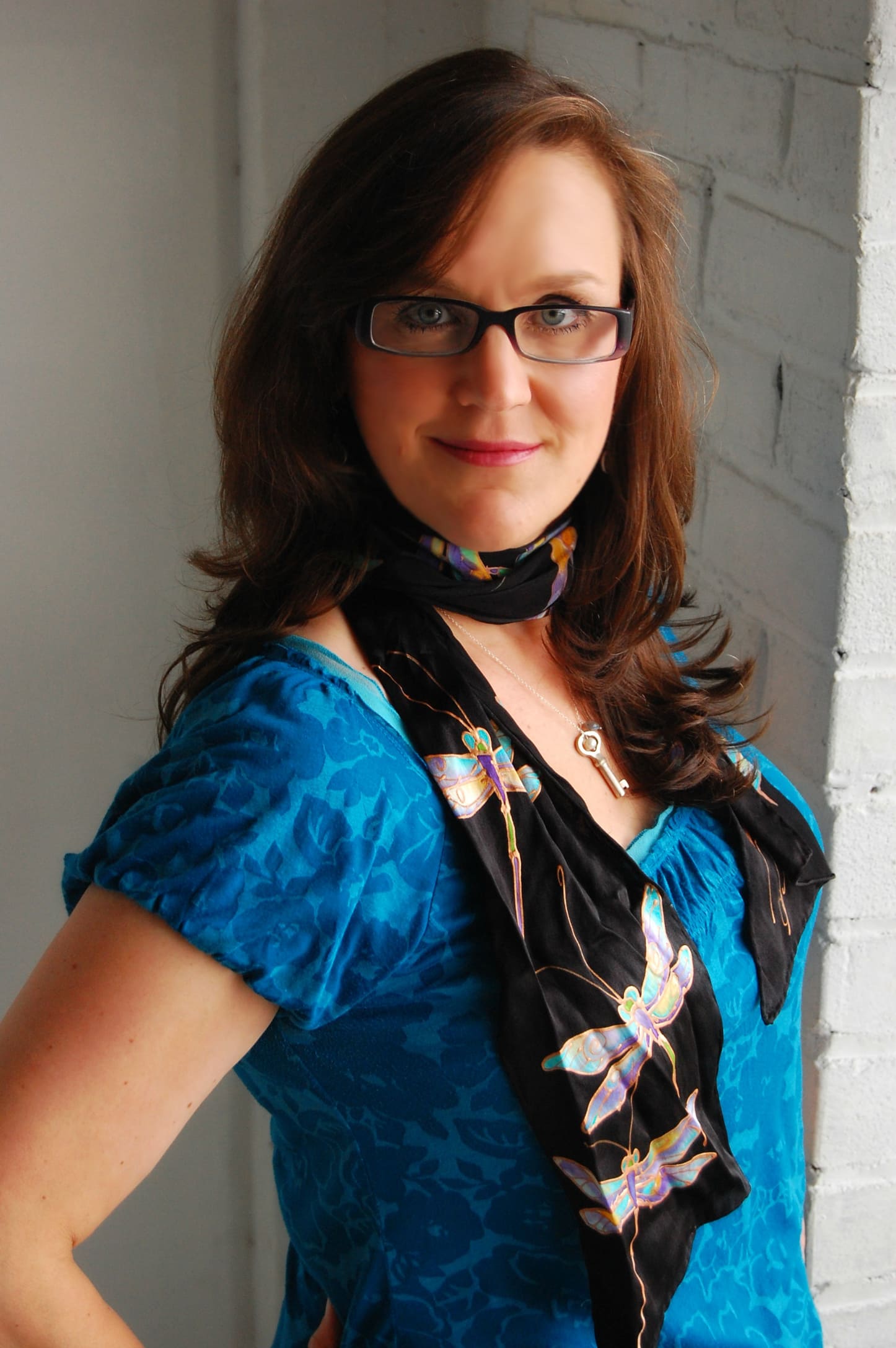
You can connect with Joshilyn Jackson on her website or through Facebook! I’m always thankful for these moments with writers and I hope you will pick up this amazing book! You can always connect with me on GoodReads, through our books section of our site, and you can read our entire Sundays With Writers series for more author profiles. Happy reading, friends!
*This post contains affiliate links!
Pin It
